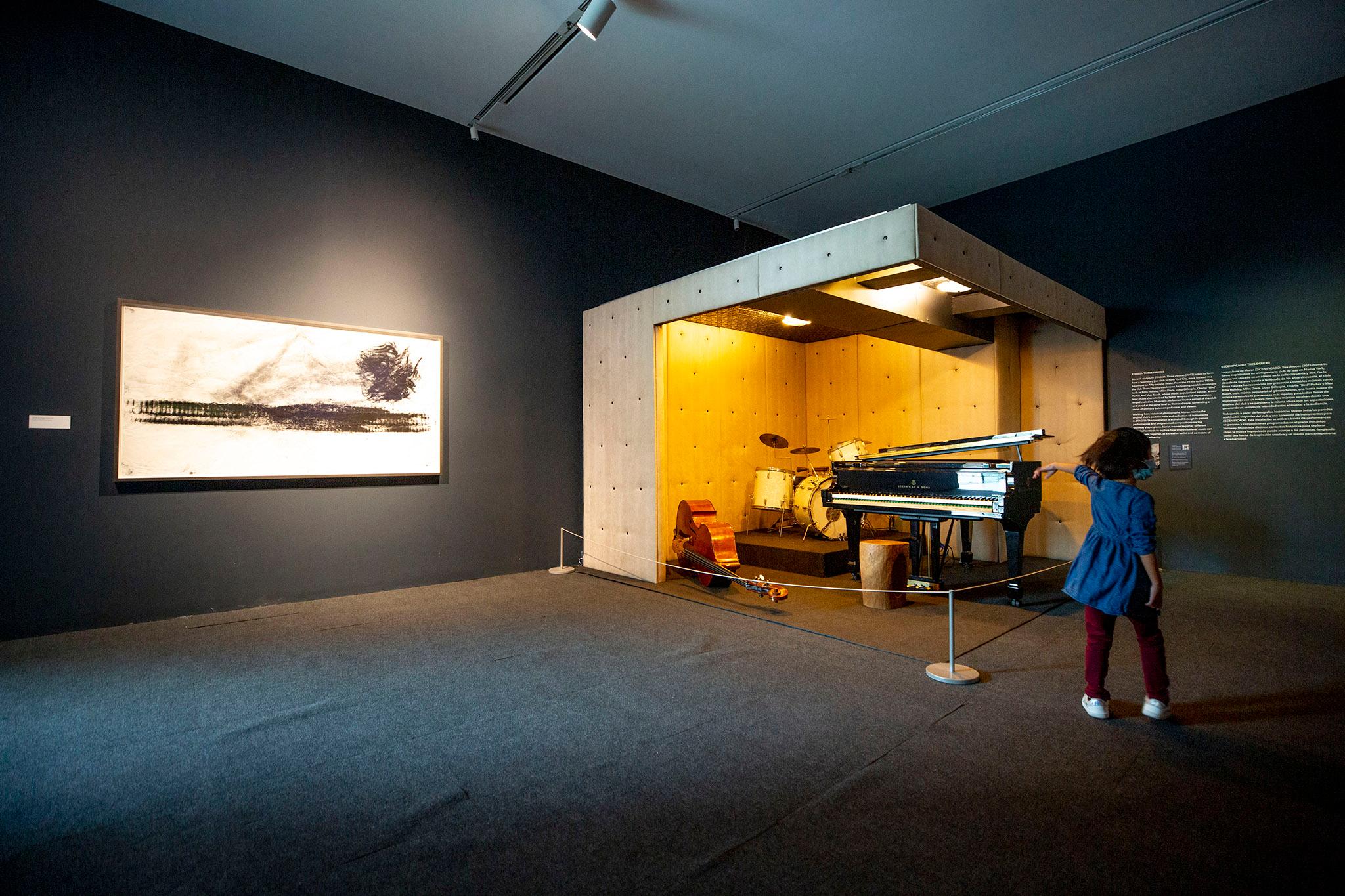In a room of the Museum of Contemporary Art Denver, an old New York jazz club that hasn't existed in decades has been brought back from the dead.
The Three Deuces was once a jazz club based out of a basement on 52nd Street in Manhattan. In its 1940s heyday, it hosted legends like Miles Davis, Dizzy Gillespie, Charlie Parker and Max Roach - "Musicians who went on to define what freedom would look like," said artist and musician Jason Moran. "They did it from the confines of a padded corner in a basement."
A version of that stage now sits on the museum's first floor, reconstructed by Moran based on old photographs as part of his MCA exhibition, "Bathing the Room with Blues." The recreated stage has the club's signature padded back walls, a drum set from the 1940s sitting on a riser, a Steinway Spirio player piano that ghost-plays songs written by Moran. Moran says the "sculpture" is not so much a recreation of the club as a summoning -- "Like trying to summon it up from the dust."
Once every month, a different group of celebrated jazz artists gather to play the space in a performance activation called "STAGED: Three Deuces." It's designed to simulate for both performer and audience the experience of being at the club during a performance.
"They have to play not only the MCA, but they really have to play from the space of Three Deuces," Moran said. "They sit inside the space and they play music that they feel recognizes that past, but mostly what it feels like today."
Ron Miles, an acclaimed jazz musician and the coordinator of jazz studies at Metropolitan State University of Denver, played in the first Three Deuces activation with Moran and Otis Taylor. Miles said the space had a presence -- that he felt like he really was playing Three Deuces, on a stage where legends like Miles Davis and Charlie Parker once played.
"You walk into that room, and you realize there is something about it. There's something about the way the air moves in that room that is very, very unique," Miles said. "And we can bring that to our own contemporary music. When we leave that space, we can take a little bit of it with us out. But when we go into that space, we bring Colorado into it as well."
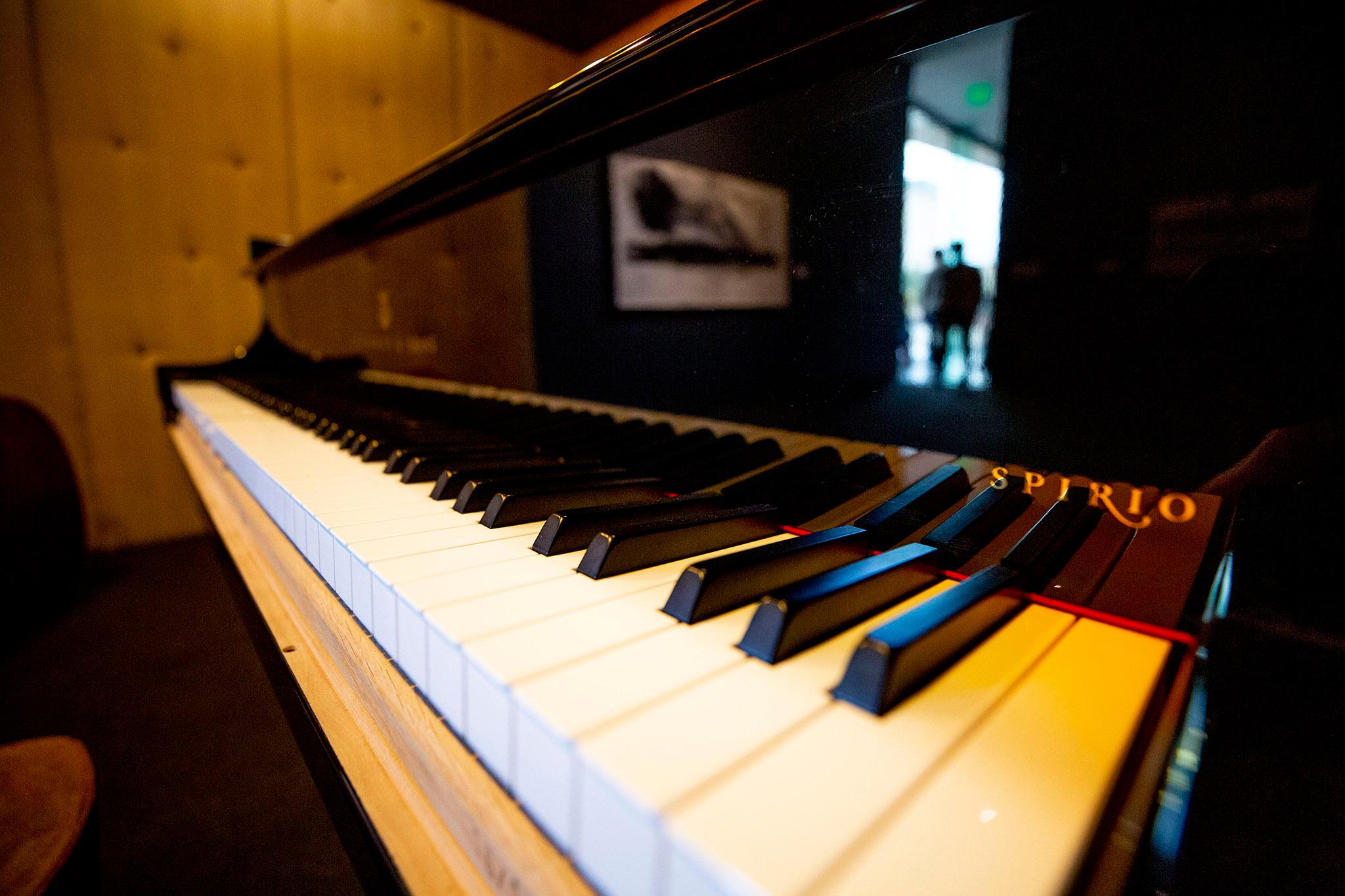
"Bathing the Room with Blues" is about making physical things that are lost to time.
It's a celebration of lost spaces, the music that filled them, and the cultural importance of live music in Black culture, American life and in the cities known for their jazz clubs.
"In a way, it's resuscitating ghosts," said Miranda Lash, senior curator at the MCA. "I think part of Jason's agenda is preserving these histories and acknowledging that if they're not actively preserved, they will be lost."
Moran's artwork displayed in the museum -- splashes of blue against sheets of white Japanese Gampi paper -- makes tangible the "residues" of music making, the emotional and physical impressions it leaves in a space as it dissipates. To create the pieces, Moran placed paper on a piano, and used blue pigment to capture the "attack" of his fingers on the piano's keys. Like the piano played by a "ghost," which Lash says alludes to performances long past, these works capture something that was in the air, but has temporally passed.
"He had made works on paper before 2020," Lash said. "But suddenly, to create works about the residues of music at a time when no one was allowed to see music, when all music venues were essentially closed, and when jazz clubs like El Chapultepec were closing -- what does it mean, to pay homage to that in a time of incredible loss and absence?"
Similarly, "STAGED" is an exercise in preservation of a lost space that left few photographs or documents behind.
"Why was there so little documentation of some of these clubs traditionally? That kind of record keeping is important in music, knowing that knowledge is passed down to you," Moran said. "When you erase records, then you create the myth that I can start from the beginning and do this all on my own. And as a musician, I just know that that's not true."
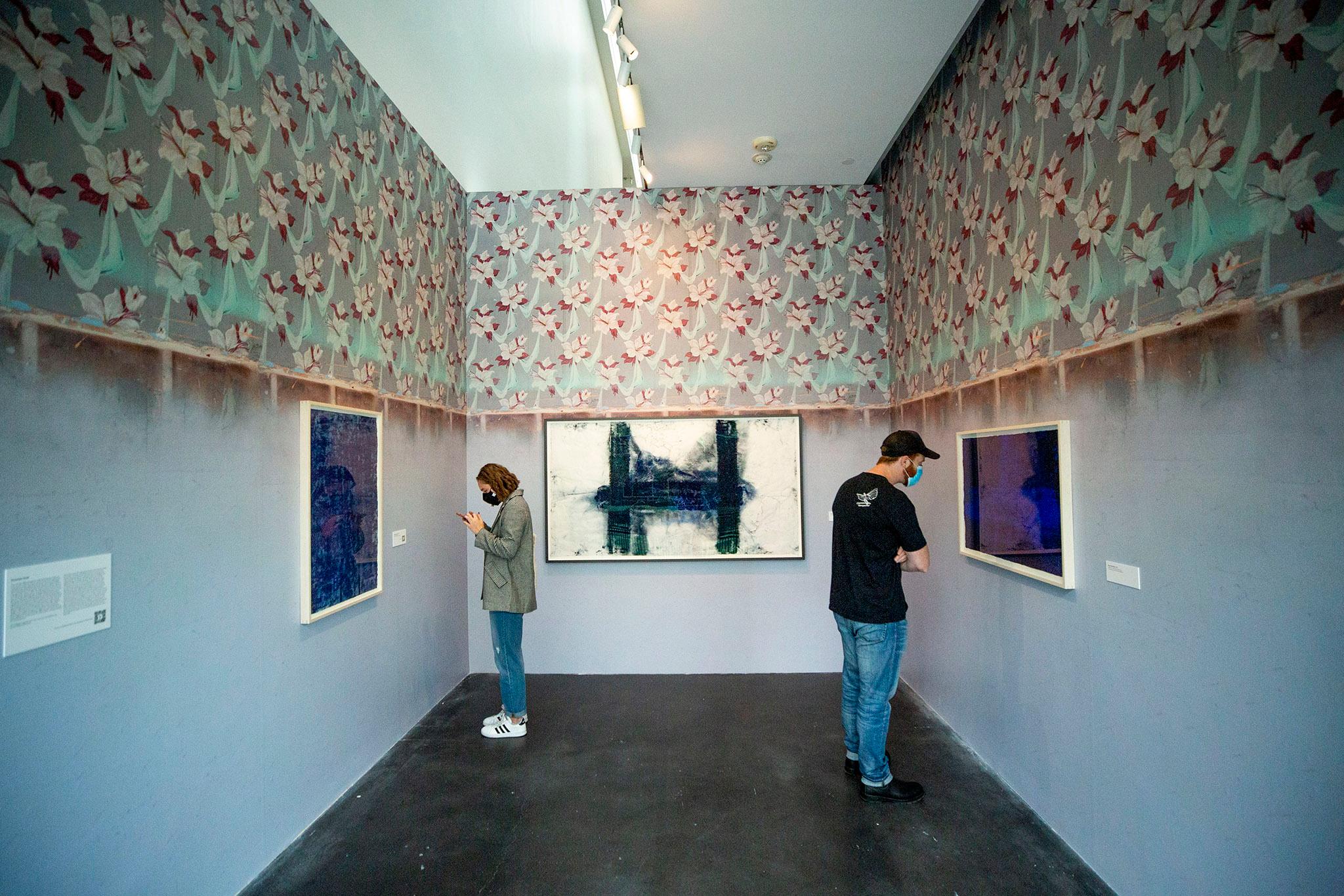
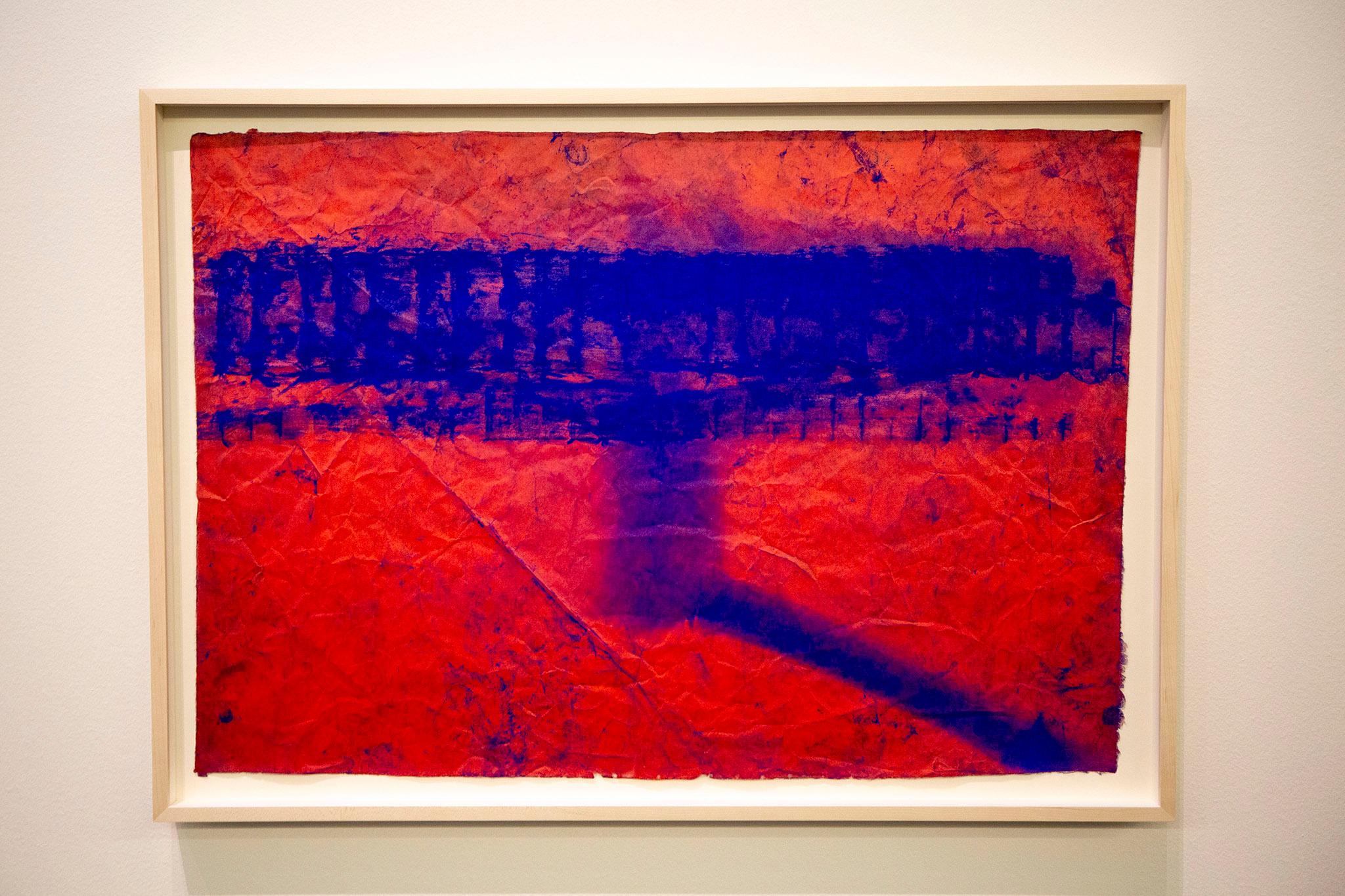
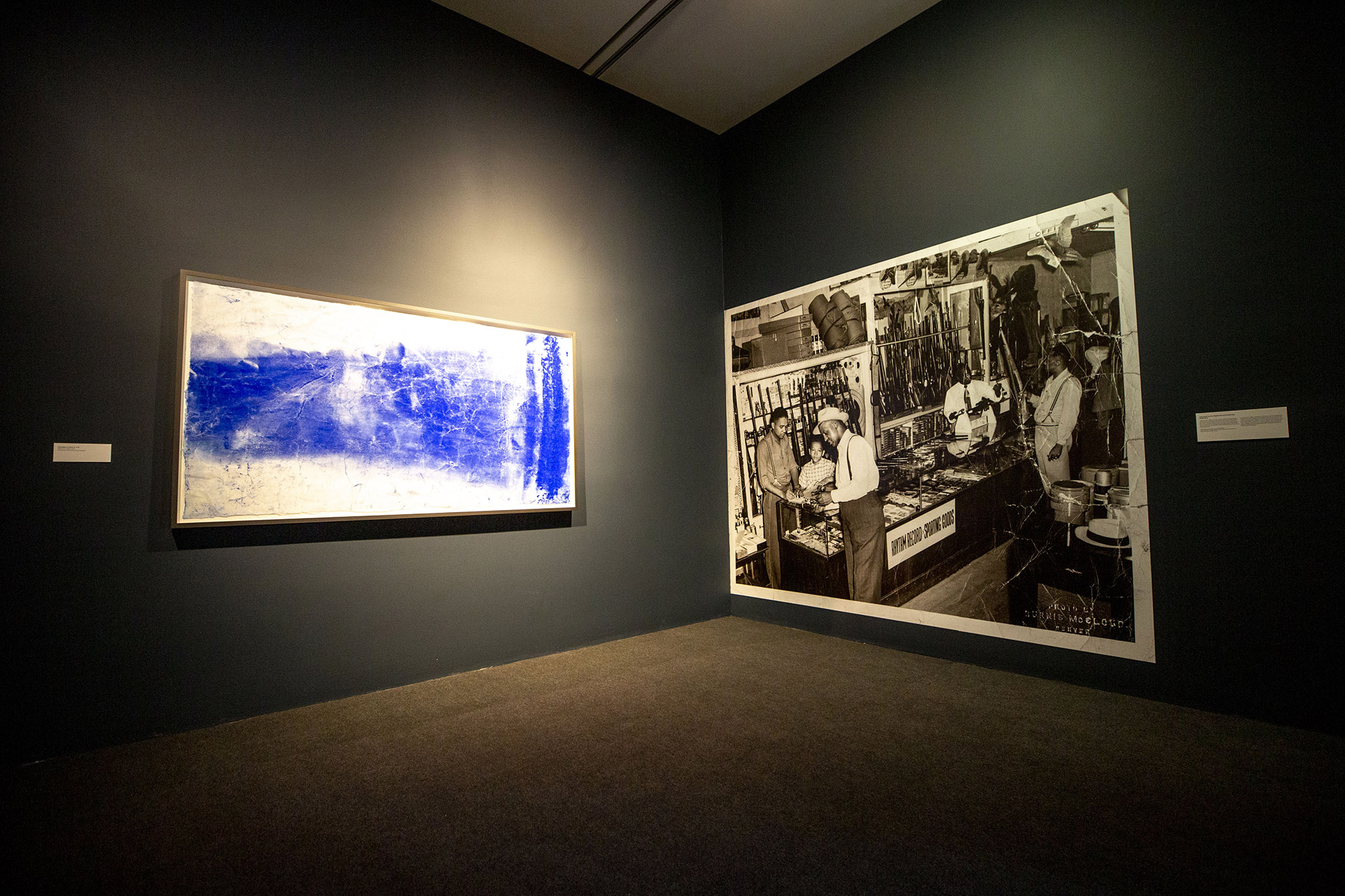
While Three Deuces may have been a New York City club, the exhibition has resonance in Denver, a city known for its own vibrant jazz scene and history.
"Denver's scene mirrors and reflects and gets inspired by places like Three Deuces," Ron Miles said. "There are spots in Denver that are creative hubs, creative places where folks gather and share information, and communities are able to impart their flavor onto the scene. I think an important thing about music and art is that it's not only a reflection of just the great work of individual geniuses, it's really about community. "
Moran said a city's jazz clubs are essential to its cultural identity. And there's a certain character to Denver's jazz clubs that speaks to the character and history of the city, and vise versa.
"When you arrive at a city with a dense jazz history, you're going to look for the jazz," Moran said. "There's something baked into the landscape of the city that evolves and comes out of these clubs. And they're not the most famous spaces, but they do hold such cultural weight."
Clubs have also historically been an important space for young musicians to learn things they can't learn in school.
"The musicians who study need a place to play on the street," Moran said. "They need someone to yell at them, to curse them out, to throw beer at them when they sound bad, or applaud them when they sound good. And you can only learn that on the street."
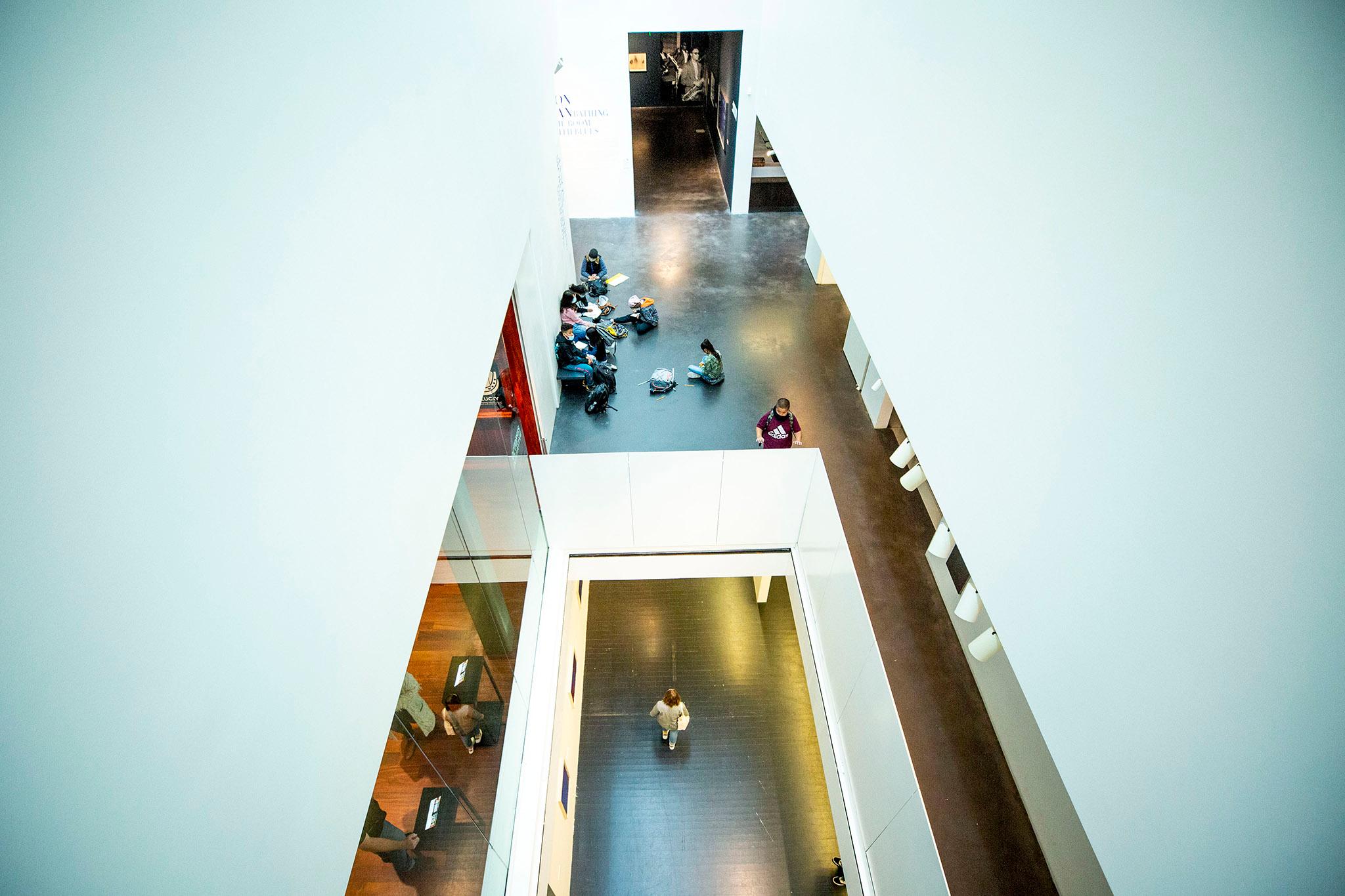
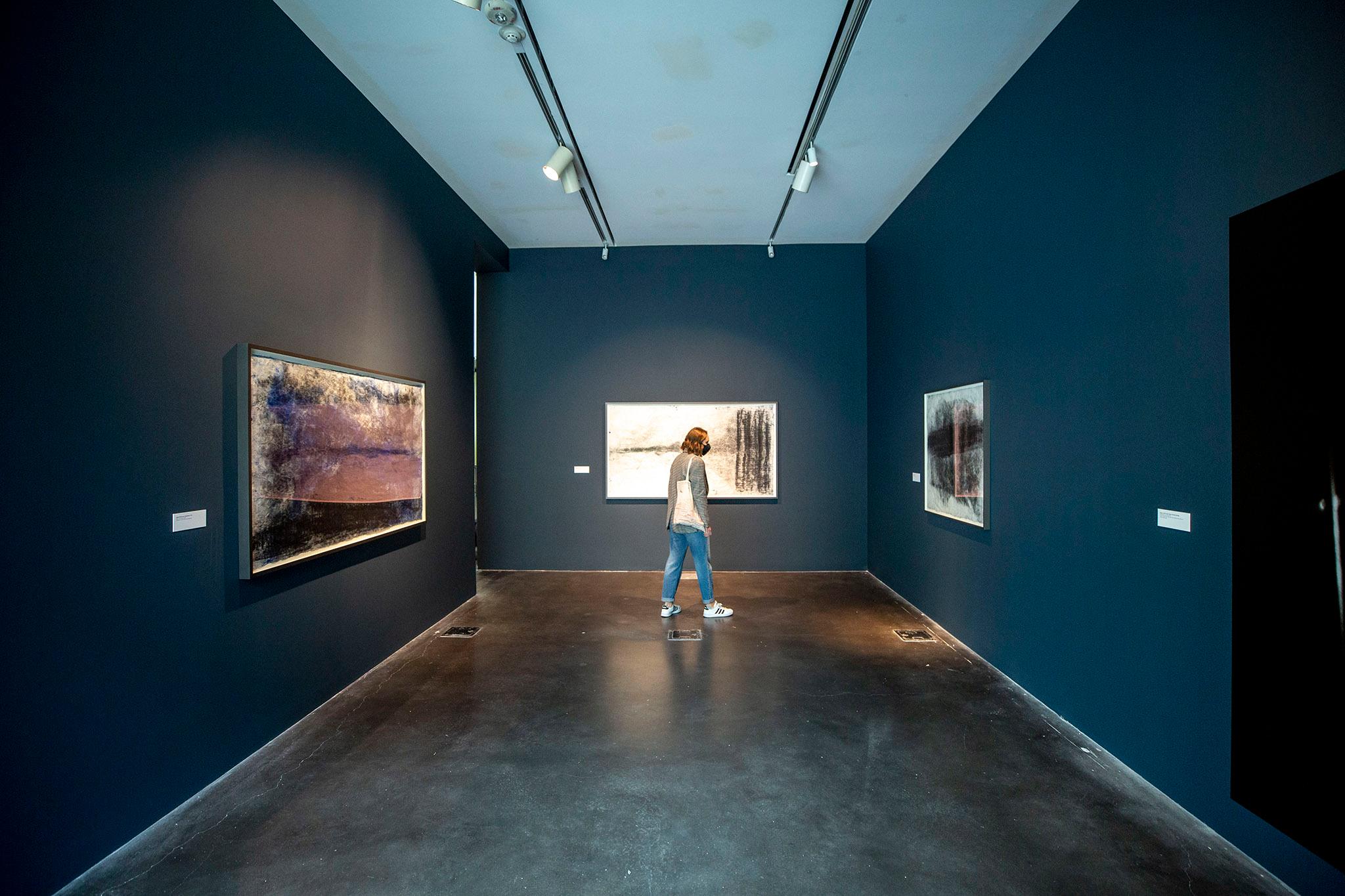
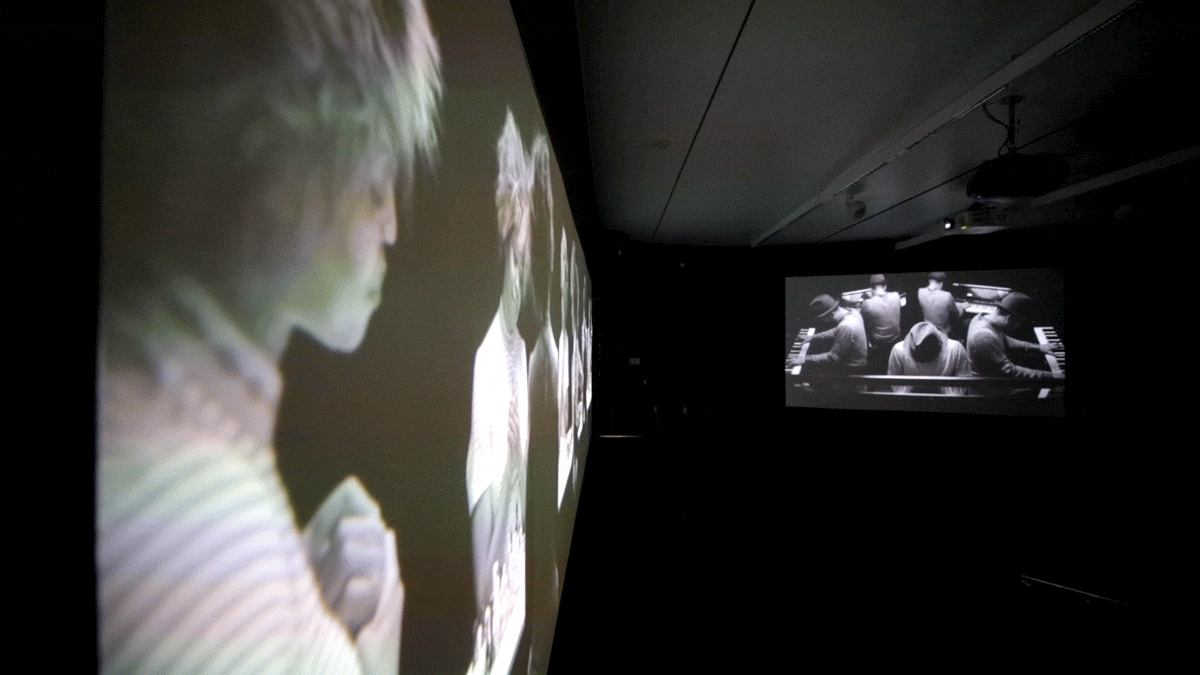
But while jazz clubs are vital to local music communities, they've long been financially vulnerable.
"It has been tough for a while," Moran said. "COVID did not necessarily make things worse for the jazz clubs, because they've always been kind of in dire straits, as far as I could tell."
Some historic Denver jazz clubs, like Melody Lounge and the Rossonian, closed decades ago. Last year, the pandemic contributed to the shutdown of local clubs Live @ Jacks and La Cour. And last December, the historic jazz institution El Chapultepec closed after almost 90 years, its owners citing financial struggles, changes in the Ballpark area and safety concerns from the nightlife there as reasons for the closure.
Still, there remain some local music venues like Mercury Cafe, Dazzle and Nocturne. Miles says that as local musicians continue to innovate, it's important to think about what existing places we want to keep around, and what is essential to telling the story of Colorado. He said that the Three Deuces activation is a way of helping people consciously think about Denver's own history.
"We get to talk about what is important to preserve," Miles said. "What do we want to have as an identity to pass down so people can have pride in their community, and realize that they're a part of a huge, beautiful story? Every one of us here is part of the story of the Rossonian, and part of the story of the 'Pec, and the places that have come before."
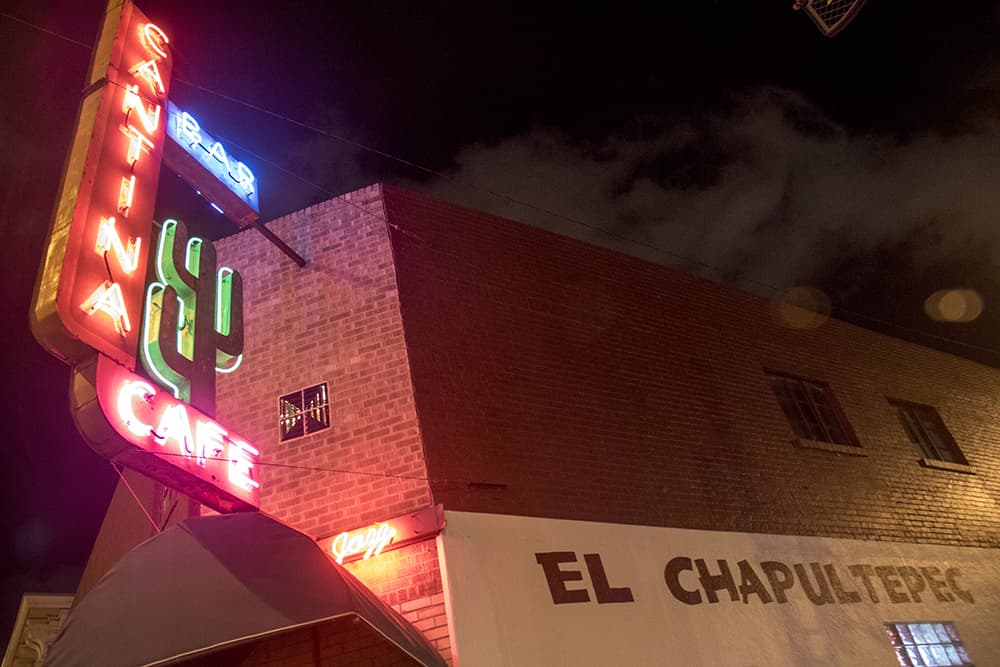
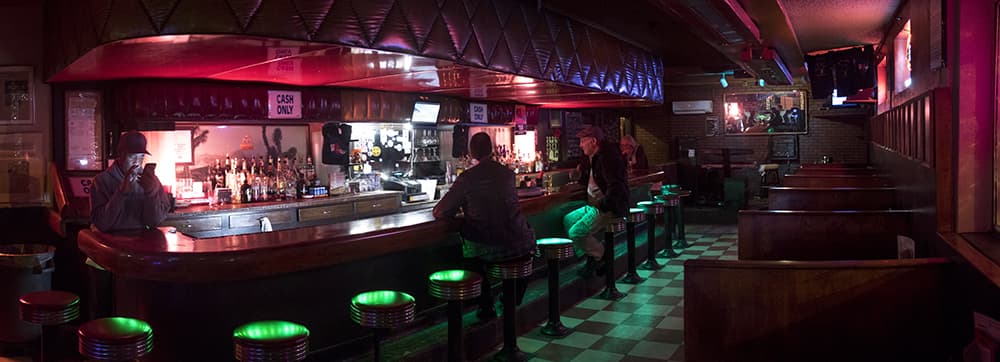
Miles says it's difficult to gauge how Denver's jazz clubs are faring now, during the pandemic, as venues have only recently started to reopen.
"But I think that the death of music and the death of art has been proclaimed since the beginning of art," he said. "And so we as a community, if it matters to us, we'll find a way to have it being presented."
Moran is confident that jazz clubs have a future -- that young people with the courage to start a jazz club will keep them alive.
"I have faith that as long as there are musicians learning the music, the musicians will try to make space for it, whether it's public or private," he said.
You can check out Bathing the Room with Blues during the MCA"s regular hours. This weekend's STAGED activation is sold out, but you can catch the next one -- a performance by young student performers of the MSU Denver Jazz Combo -- on November 13 at 2 and 4 pm. Tickets are $25 per person, and proof of vaccination or a negative COVID-19 test is required. You can reserve tickets online.

